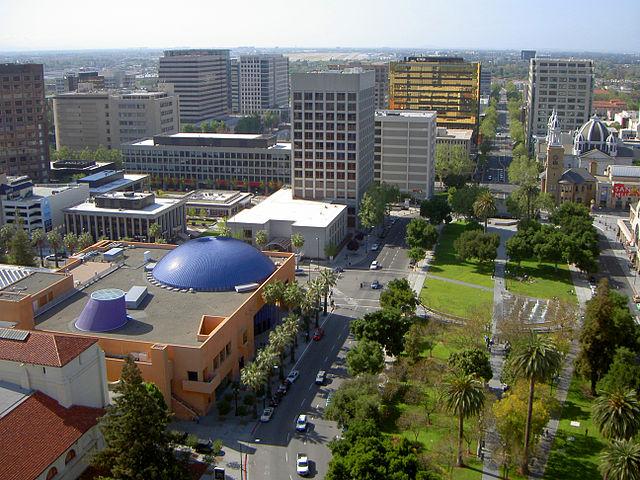
The COP21 talks in Paris have resulted in a historic agreement, and of course, the hard work begins now. Yes, many are protesting that it is far too weak, and convincing 195 national legislatures to approve the agreement faces an uphill climb. Nevertheless, this climate agreement is a signal that the global economy will undergo a massive shift toward what many describe as a low-carbon economy.
In addition, a new report issued by CDP and the Climate Group reveals that many companies and governments are already moving in that direction and are preparing for a future with more renewables and less greenhouse gas emissions.
According to this latest survey, at least 200 corporations, states, regions and cities have established plans to either procure 100 percent of their power from renewable sources, or are determined to reduce their greenhouse gas emissions anywhere from 80 to 100 percent.
Many of the companies that have set reduction targets in greenhouse gas emissions have been working on such goals for several years. Google, U.K. retailer Marks and Spencer, department store chain Kohl’s and Microsoft insist they have already met those goals last year. Mars Inc., Tesco and GlaxoSmithKline have also set zero-GHG commitments, but say that they will reach those goals mid-century. (Companies that made this list by purchasing REC certificates or carbon offsets are included in this survey.)
Microsoft, Goldman Sachs and Infosys are among the companies that are complementing their greenhouse gas emission goals with renewable energy targets. Most corporations noted within this list (Ikea, Lego, Swiss Re and Nike, for example) say they plan to meet these targets within a decade. Other companies noted by the survey, including Starbucks, Walmart and P&G, will score the proverbial eye-roll from many who read the report, as these firms have disclosed that they will go 100 percent clean energy — but have not yet set a target year.
As for the governments, worldwide the vast majority of states, regions and cities making the low-carbon grade are in the European Union and North America. The Asia-Pacific has a token presence, with most jurisdictions within in Japan (including Fukushima prefecture). For some local officials, this list will look familiar -- many local governments listed in this survey have long been planning to cope with climate change. And here in the U.S., while many local governments committed to renewables or GHG reductions are concentrated on either coast -- as in, Seattle, New York, San Jose and Santa Monica -- plenty of cities in “red states” made the grade as well.
The Climate Group and CDP insist this current list is in no way exhaustive. Companies that made the roster either responded to CDP’s 2015 climate change survey, have participated in the American Business Act on Climate Change or are taking part in the RE100 Initiative. Governments were vetted based on several surveys, including the Climate Group’s periodical reports.
Whether or not national governments become more proactive or retreat from these new climate commitments due to political expediency, watch for this list of companies and governments to grow in the next few years. As more citizens voice their concerns about climate change, and companies realize a focus on sustainability is vital to their long-term success, fewer leaders will want to be omitted from this important conversation our society is having — whether or not the COP21 agreement is a success or failure in the long run.
Image credit: Wiki Commons (XAtsukek)

Leon Kaye has written for 3p since 2010 and become executive editor in 2018. His previous work includes writing for the Guardian as well as other online and print publications. In addition, he's worked in sales executive roles within technology and financial research companies, as well as for a public relations firm, for which he consulted with one of the globe’s leading sustainability initiatives. Currently living in Central California, he’s traveled to 70-plus countries and has lived and worked in South Korea, the United Arab Emirates and Uruguay.
Leon’s an alum of Fresno State, the University of Maryland, Baltimore County and the University of Southern California's Marshall Business School. He enjoys traveling abroad as well as exploring California’s Central Coast and the Sierra Nevadas.














